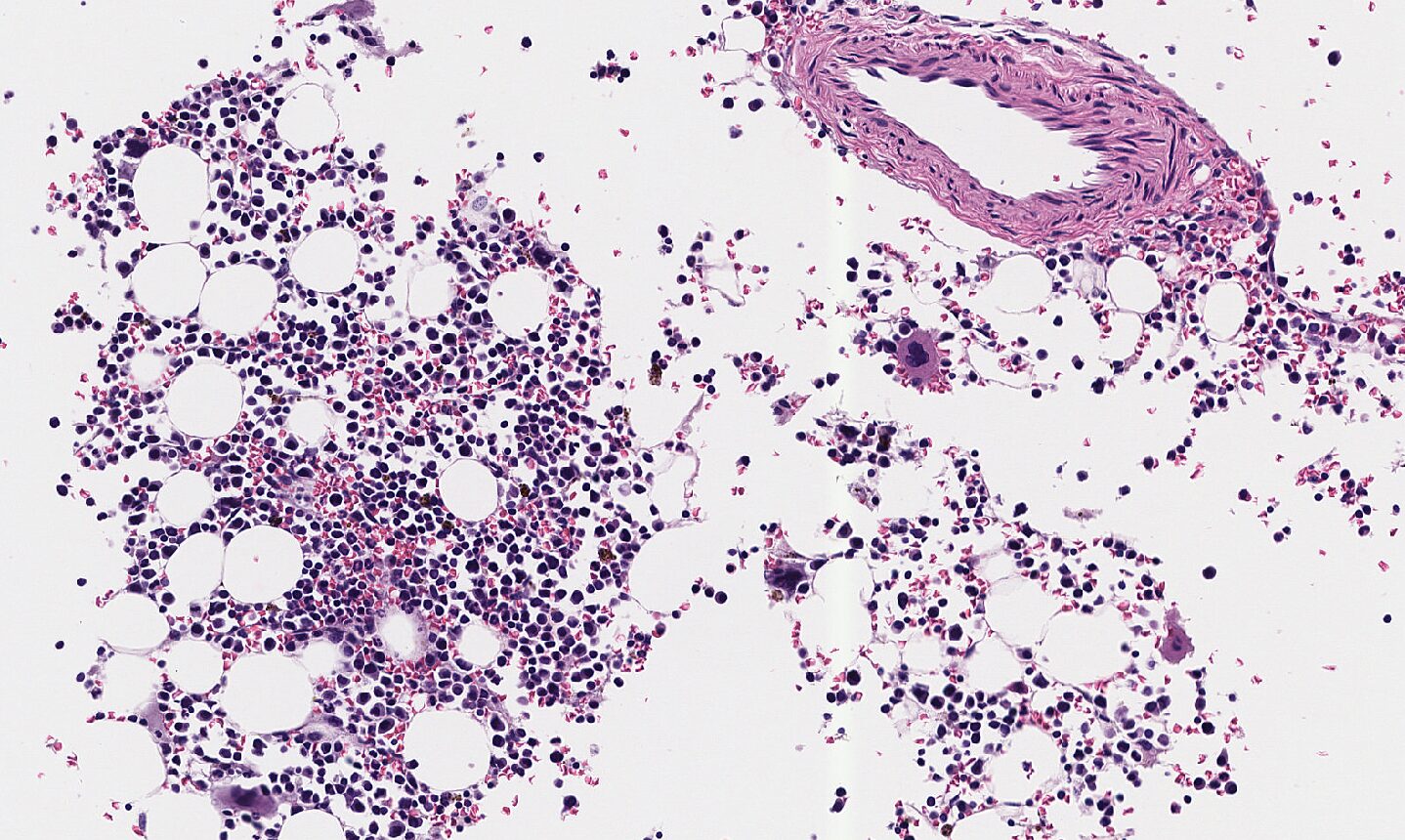pathology: the study of the essential nature of diseases and especially of the structural and functional changes produced by them.
Merriam-Webster.com. 2025.
Specializing in pathology means dedicating your career in medicine to uncovering the W’s of disease.
- Who: who caused the changes present in a tissue (possibly an infectious agent or abnormal growth of cells)
- What: what changes are present in the tissue (cellular death/tissue architecture disruption/increase in inflammatory cells/etc)
- When: when did the changes start (are there signs of this being an acute – very recent – or chronic disease?)
- Where: where are the changes seen (in one tissue or multiple, in a specific region of a given tissue or spread throughout)
- Why: why did these changes occur in this tissue (maybe a wound allowed an infectious agent to infiltrate into a tissue or mutations to the DNA because of exposure to UV rays from the sun allowed skin cells to become cancerous)
Physician pathologists (MD/DO) assess samples from human patients while veterinary pathologists (DVM/VMD) assess samples from any of the other species. Pathologists can work in the realm of diagnosis, searching to find the cause of an illness or death in a particular patient, or in research, investigating to better understand a particular disease and work towards treatment and cure.
There are two main types of pathologists, whether they are physicians or veterinarians: anatomic and clinical. Anatomic pathologists work with tissues, either from biopsies or autopsies/necropsies (full body examinations that occur after death), while clinical pathologists work with body fluids.
Many pathologists have a subspecialty, which may involve more training after residency (e.g., fellowship) or be informal. These can be system/organ specific (e.g., the nervous system or skin) or, for veterinary pathologists, these can based on the type of creature (e.g., reptiles or birds).
Where can someone interested in learning more about pathology as a career go to explore further? Consider checking out some of the links below.
- So You Want to Be a Pathologist (Physician)
- Become a Veterinary Pathologist (UK)
- You’re a What? What’s a Pathologist? (Veterinarian)
Feel free to reach out with questions, comments, and suggestions for resources I have not yet linked.
